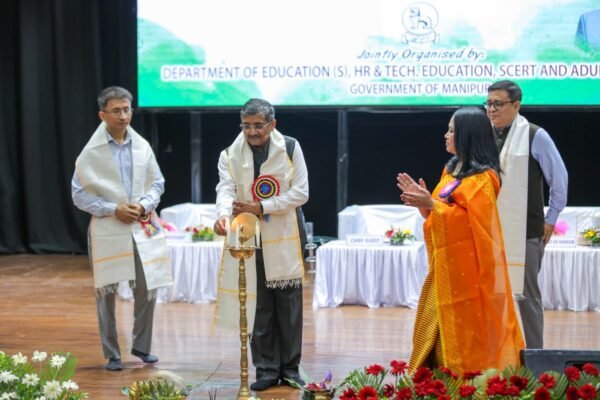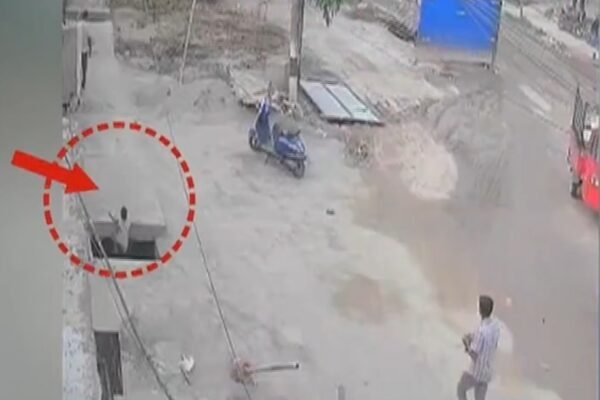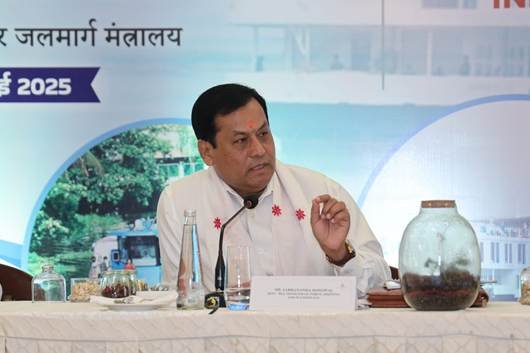Guwahati, August 10, 2023: In the Lok Sabha session, it was revealed that Members of Parliament (MPs) representing Assam in the Lok Sabha have yet to propose projects worth approximately Rs 100 crore from the MPLADS (MP’s Local Area Development Scheme) fund provided by the Central Government over the last three financial years.
The Ministry of Statistics and Programme Implementation, responding to a query by MP Thomas Chazhikadan, shared this information. The Ministry also presented with an overview of MPLADS fund allocations in various states in the house.
Data indicates that Assam’s 14 Lok Sabha MPs received a total of Rs 289.50 crore from the Central Government during the last three financial years. Out of this amount, they recommended projects totaling Rs 189.75 crore.
Here’s a detailed breakdown of the funds disbursed and projects recommended by each MP: Rajdeep Roy: Recommended Rs 14.40 crore, Disbursed Rs 19 crore; Maulana Badruddin Ajmal: Recommended Rs 14.45 crore, Disbursed Rs 21.50 crore; Rameswar Teli: Recommended Rs 6.63 crore, Disbursed Rs 14.50 crore; Abdul Khaleque: Recommended Rs 7.28 crore, Disbursed Rs 16.50 crore; Gaurav Gogoi: Recommended Rs 14.20 crore, Disbursed Rs 21.50 crore; Naba Kumar Sarania: Recommended Rs 14.62 crore, Disbursed Rs 21.50 crore; Pallab Lochan Das: Recommended Rs 12 crore, Disbursed Rs 17 crore; Pradan Baruah: Recommended Rs 15.30 crore, Disbursed Rs 21.50 crore; Topon Kumar Gogoi: Recommended Rs 12.43 crore, Disbursed Rs 16.50 crore; Dilip Saikia: Recommended Rs 9.52 crore, Disbursed Rs 17 crore; Horen Sing Bey: Recommended Rs 33.50 crore, Disbursed Rs 52 crore; Kripanath Mallah: Recommended Rs 7.25 crore, Disbursed Rs 14.50 crore; Pradyut Bordoloi: Recommended Rs 17.44 crore, Disbursed Rs 19.50 crore; and Queen Oja: Recommended Rs 10.73 crore, Disbursed Rs 17 crore.
The primary aim of the MPLADS is to empower MPs to suggest development-focused projects that prioritize the establishment of sustainable community assets based on local needs within their respective constituencies. Since its establishment, the scheme has aimed to construct crucial national assets such as drinking water facilities, primary education infrastructure, public health initiatives, sanitation projects, and roads. Each project is overseen by a construction committee under the district commissioner’s guidance.









